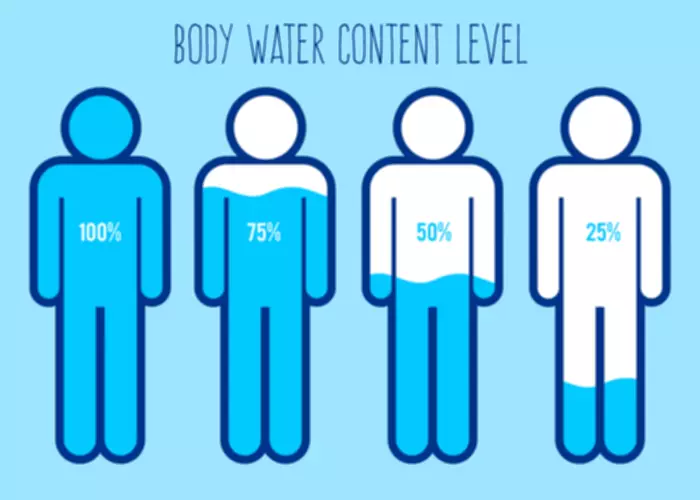The Department of Health and Human Services classifies alcohol as a carcinogen, a substance that plays a role in causing cancer. The medical community has linked alcohol with numerous types of cancer, such as cancers of the mouth, larynx, and esophagus. Alcohol-tolerant people are cross-tolerant to some drugs commonly used in which stage of intoxication does an individual become aggressive or withdrawn and sleepy to treat withdrawal (eg, benzodiazepines). Disposition of the acutely intoxicated patient depends on clinical response, not a specific BAC. Alcohol addiction is one of the most common forms of addiction many adults experience. When left unchecked, this addiction can lead to ruined relationships, careers, and health.
How Does Addiction Develop in the Brain?
When someone has had quite a few drinks, the symptoms of the excitement stage become intensified. People may have exaggerated emotional episodes, and their balance may be all but gone. They may have feelings of numbness and https://ecosoberhouse.com/ become unaware of their surroundings. At The Recovery Village Cherry Hill at Cooper, we have years of experience helping people get the treatment they need for addiction and achieving a life free from alcohol addiction.
- In this stage, alcohol affects the brain in ways that impact more than just behaviors.
- Typical of the initial delirious, confused, and disoriented state is a return to a habitual activity; eg, patients frequently imagine that they are back at work and attempt to do some related activity.
- Not all treatments or services described are covered benefits for Kaiser Permanente members or offered as services by Kaiser Permanente.
- A person can be arrested for driving with a BAC above this limit.
- Most people can be cared for at home by family or friends when they are intoxicated.
Symptoms of Alcohol Use Disorder
Intoxication states can range from euphoria or sedation to life-threatening emergencies when overdose occurs. Typically, each substance of abuse has a set of signs and symptoms that are seen during intoxication. Identification and treatment of intoxication can lead to appropriate management of the withdrawal phenomenon and provide an avenue for entry into treatment.
How is Alcohol Intoxication Diagnosed?
- If an individual drinks alcohol on an empty stomach, their BAC usually peaks within 30–90 minutes.
- If you think someone is experiencing alcohol poisoning, seek emergency medical attention immediately.
- Cloninger (1987, 1988) has proposed that two subtypes of alcoholism exist, type I and type II.
- Some clues are emerging that may help identify individuals prone to violence when drinking alcohol and reveal the underlying mechanisms involved in this relationship.
- It can take anywhere from 15–45 minutes for a person to feel the full effects of an alcoholic drink.
Alcohol, even in moderate doses, interferes with short-term memory formation which may cause blackouts. The intoxicated individual may seem gregarious and loquacious but will have limited memory of the blackout period. People can survive alcohol poisoning if they receive appropriate treatment.
When left untreated, alcohol poisoning can cause brain damage or death. At this stage, you will feel slightly intoxicated, or “tipsy.” Your inhibitions will lower, which means you may become more confident and talkative. You will also start to experience the negative effects of alcohol, including problems with judgment, memory, and coordination. Tests may include blood tests to determine the amount of alcohol in the blood and the blood sugar level, urine tests for certain toxic substances, and computed tomography (CT) of the head. Doctors do not assume that simply because people have alcohol on their breath that nothing else could be wrong.
How long after drinking is it safe to drive?
Even with these averages, however, there will always be variations in different experiences and individuals. Some may not feel anything until after their third drink, while others are already slightly intoxicated after half a drink. Keeping a reasonable pace is vital so that one does not become too drunk. Entirely unconscious, a person’s body temperature will drop, breathing will become shallow, circulation will slow, motor functions will no longer present, and their gag reflex will be gone. Sometimes medications may be used in alcohol addiction treatment.

- Prolonged use of excessive amounts of alcohol damages many organs of the body, particularly the liver (alcohol-related liver disease).
- In the first phase of detoxification and rehabilitation, alcohol is completely withdrawn, and any withdrawal symptoms are treated.
- In these cases, the patient’s companions or family may be able to provide important information.
- People developing hepatic encephalopathy become dull, sleepy, stuporous, and confused and may lapse into a coma.
- Damage to the nerves and parts of the brain also can be caused by excessive alcohol use.
- Aside from all the previously mentioned symptoms, becoming intoxicated puts you at risk for multiple types of dangerous situations.
- Since it can only metabolize a small amount of alcohol at a time, the rest circulates throughout the body, affecting the central nervous system (CNS) by interfering with the firing of nerve impulses.
As a result, the same amount of alcohol may affect each person differently. Copyright © 2024 Elsevier B.V., its licensors, and contributors. All rights are reserved, including those for text and data mining, AI training, and similar technologies. For all open access content, the Creative Commons licensing terms apply.
